
Wired Magazine seems hell bent on convincing the world that Digg is falling apart. I have a problem with that because Wired Magazine’s parent company, Condé Nast,
owns Digg competitor Reddit. And because Wired isn’t just reporting Digg news - they are actively engaged in using Wired to undermine Digg.
Reddit was acquired in late October. By December, Wired had predicted the fall of Digg, saying “Digg Becomes the New Friendster” without disclosing that they were a sister company to a competitor. I wrote about this on Crunchnotes, saying it was inappropriate because of the (undisclosed) conflict of interest.
Today Wired takes another, more elaborate shot at Digg. In a piece of investigative journalism, Wired reporter Annalee Newitz used a service called User/Submitter that pays people to Digg a story, which resulted in it getting to the home page of Digg. Newitz does mention the conflict of interest, albeit in a parenthetical in the middle of the story (”Wired News is owned by CondéNet, which also owns Digg competitor reddit”).
But my bigger problem is that Wired isn’t simply reporting news about Digg. They’re making the news. And they’re going negative. In the first example, they make a prediction that Digg will fall, comparing it to Friendster. No news was reported - it was just an out of the blue roundhouse punch at Digg. In the second example the reporter actually creates the story she writes about, and willfully violated the Digg terms of use in the process. And this was done for commercial gain - the Wired story describing this has received a ton of traffic (and is actually the number 1 story on Digg right now).
Digg can’t treat Wired like any other user that’s engaged in fraud. Wired is the press, and the press has tremendous power. Wired is putting Digg in an impossible situation, and they should be called on it. Reporting news is one thing (although they should note the conflict of interest there as well), but actively creating negative news about a competitor and then using the massive reach of Wired to promote that “news” is way over the line.
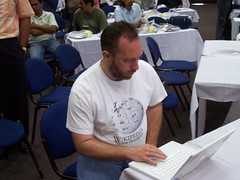
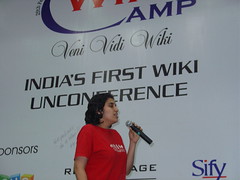

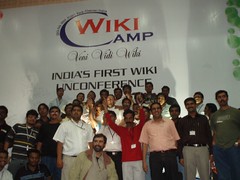
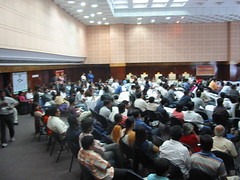
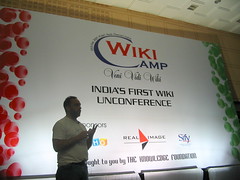
 Wired Magazine seems hell bent on convincing the world that Digg is falling apart. I have a problem with that because Wired Magazine’s parent company, Condé Nast,
Wired Magazine seems hell bent on convincing the world that Digg is falling apart. I have a problem with that because Wired Magazine’s parent company, Condé Nast,